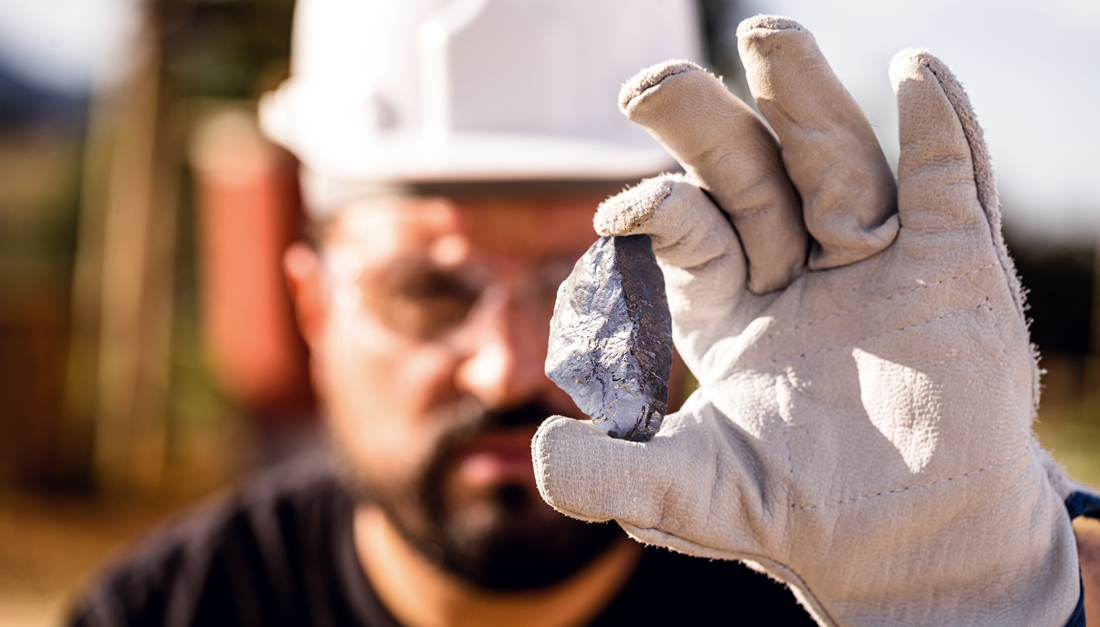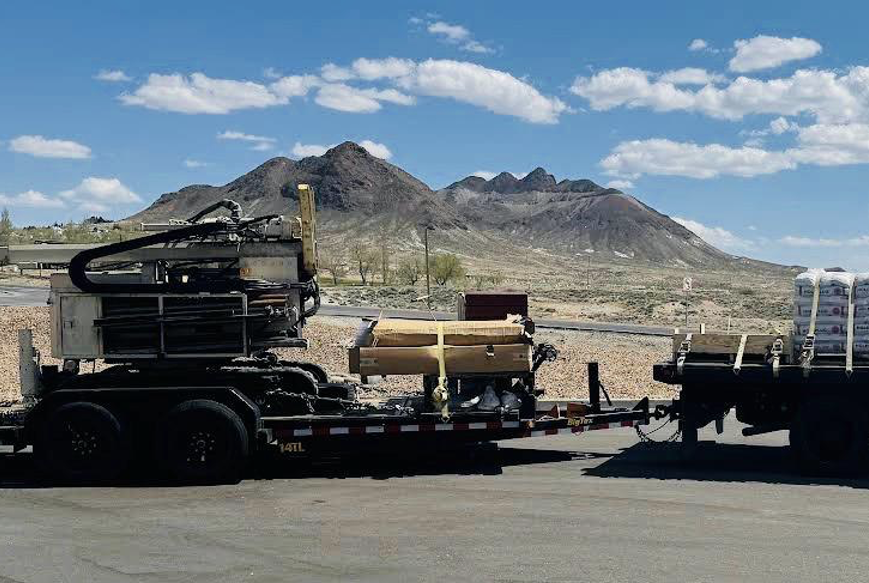This couldn't be further from the truth. In fact, China and India alone account for more than half of the world's gold demand, while central banks—not exactly known for being gung ho—are increasingly using their reserves to buy gold.
In fact, the world's central banks bought more gold in the first half of this year than they did in the whole of 2010, according to figures published by the World Gold Council.
Away from the debt-laden economies of Europe and the US, both advanced and developing nations have added to their official gold bullion reserves:
- South Korea almost tripled its gold reserves by buying 25 tons of gold in the last two months.
- The Bank of Thailand bought 30 tons of the metal over the same period.
- Mexico bought over $4 billion worth of Gold (about 90 tons) in the first quarter of 2011.
And it's not just central banks. All across the world, private individuals are choosing to store more of their wealth as gold.
Take India. The world's largest gold market last year spent a staggering 2.5% of its GDP on gold. Four years ago the figure was only 1.5%. The implication is clear—as India's economy grows, Indians are putting a bigger slice of their income into gold.
In economic terms, Indians' marginal propensity to buy gold—the share of additional income allocated to the metal—has gone up.
In 2006, Indians on average spent around $1.40 of every extra $100 they earned on gold. By 2010, this had jumped to over $7.
We find the same story in China—source of the world's second-largest private gold bullion demand.
In 2010, the percentage of GDP spent on gold in China was a mere 0.4%, a figure dwarfed not only by India, but also neighboring Vietnam—where the equivalent of 3.1% of GDP was used to buy gold in 2010.
But if we look at China's marginal propensity to buy gold we see the same sort of growth.
Four years ago, for every extra $100 of income in China, less than one third of a Dollar went on gold. By last year it had jumped to $1—lagging behind India, but still a remarkable rate of growth.
Individuals in these emerging powerhouses have increasing confidence in gold and are willing to invest more of their money in it.
"Paper money is increasingly worthless and they are worried about inflation" explains Shi Heqing, an analyst at state-backed metals consultancy Antaike in Beijing.
Hardly surprising—China's consumer price inflation rose to 6.5% in July—up from 3.3% a year earlier.
But why are people choosing to buy gold? Of all things, why an industrially useless piece of shiny metal?
Because, in a sense, it's uselessness is what makes it so valuable. Because it has no industrial use—and because, unlike paper money, it cannot be produced from thin air via "quantitative easing"—its stock is stable over time.
Thanks to these properties, gold has proven itself as a store of value over thousands of years. And with returns elsewhere so difficult to attain—thanks to low interest rates and stock market weakness—investors are now more interested in preserving capital than chasing return.
So it is not a random choice that has led so many to buy gold. They're choosing gold because it works.
They may be squirreling away a winter reserve, but these days, that's not nuts.
Zoe Tustain, BullionVault
Gold value calculator | Buy gold online at live prices
Zoe Tustain is working as a research assistant at BullionVault, the No.1 gold and silver ownership service for private investors.
(c) BullionVault 2011
Please Note: This article is to inform your thinking, not lead it. Only you can decide the best place for your money, and any decision you make will put your money at risk. Information or data included here may have already been overtaken by events—and must be verified elsewhere—should you choose to act on it.



































